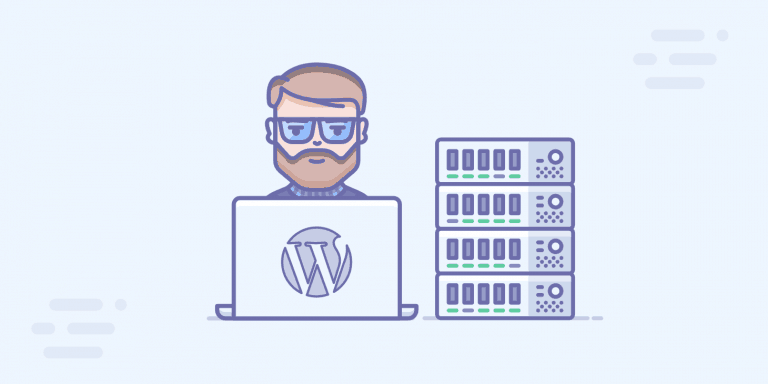Web Hosting Issues: Does Server Location Really Matter?

We don’t often think about where the server that hosts our website is located.
After all, does the server’s location really matter? It turns out that, yes, the location of your website’s server matters quite a bit.
Your server’s location affects the speed of your site, your privacy, and your search engine performance.
In this article, we’ll delve into why you should care about where your server is situated.
What Do We Mean by “Server Location”
A server’s location is the geographical placement of the data center where your website is hosted. There are thousands of data centers worldwide. Generally, your web host provider will use a single data center to hold a variety of servers.
How your Server Location Affects Your Site Speed
When it comes to wait times for a page to load, visitors have no patience.
In general, if a website takes more than three seconds to load, your visitors will quit your site. To improve your site’s page loading speed, you should choose a server that’s close to your users. The closer your users are to your server, the faster your website will load for them. This means that if you have users in Canada, you should choose a Canadian web hosting company.
However, if you have users located in more than one region, the best way to improve your site’s speed is to employ a content delivery network (CDN).
A CDN works by delivering a cached version of your site to users from a CDN server near them. In this way, the website loads quickly, and users are happy regardless of your server’s location.
How Your Server Location Affects Your Privacy
Different countries employ different rules and regulations with regard to a person’s privacy.
In some countries, authorities can access a website’s servers as well as monitor the information the website processes. This is why you must know the location of the server your web host is using. This will allow you to learn the respective region’s laws and decide whether the server is suitable for your purposes.
For example, if you choose to locate your server in Canada, you can read the Personal Information Protection and Electronic Documents Act (PIPEDA) to educate yourself about Canada’s privacy policy. Similarly, other countries will have different acts related to the data you store on their servers.
However, none of these acts will be useful unless you know the exact location of your server.
How Your Server Location Affects Search Engine Optimization (SEO)
There is a lot of debate about the impact of a server’s location on SEO.
No one is exactly sure how much influence the location of your server will have on your SEO.
However, it’s known that the SERP (search engine result page) ranking of your website can be affected by your site’s load speed. Site speed is affected by your server location, as we know, so that’s one way your SEO is affected by your server location.
It’s also thought that if you use a server outside of Canada and your target users are in Canada, the effectiveness will be diminished. This is because it’s believed that Google’s search algorithm takes server location into account when delivering location-based search results.
Therefore, if you can, it’s best to use a server that’s located in the same region as your target users.
Conclusion
Your server’s location may seem unimportant, but it actually plays an important role in how your users experience your site. Your server location matters because it can affect your site’s speed.
You want users to stay on your site, and if your page loads slowly, they won’t stay very long. For this reason, it’s prudent to choose a server that’s located near your users.
However, if your users are in different regions, you should consider a CDN. A CDN will improve site speed for your users no matter how far they are from your server. Your server’s location also matters because where your server is located determines what privacy laws your data is ruled by, and it matters because it could affect your search engine rankings.




Aman,
Good to se your post about web hosting and server locations. Because, I could see most of the beginners get confused with these terms – server location, data center, and CDN. Sure, your guide will be help them to get an clear idea.